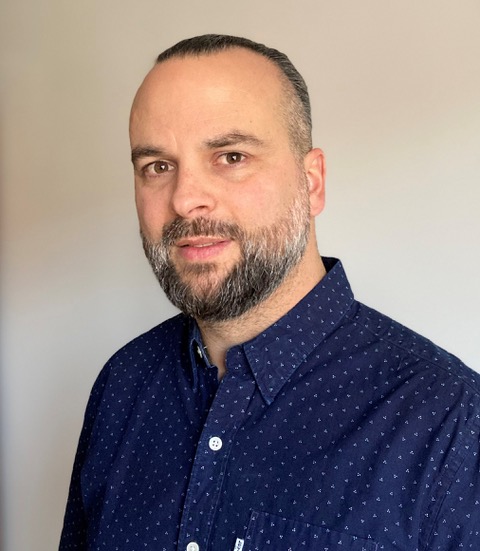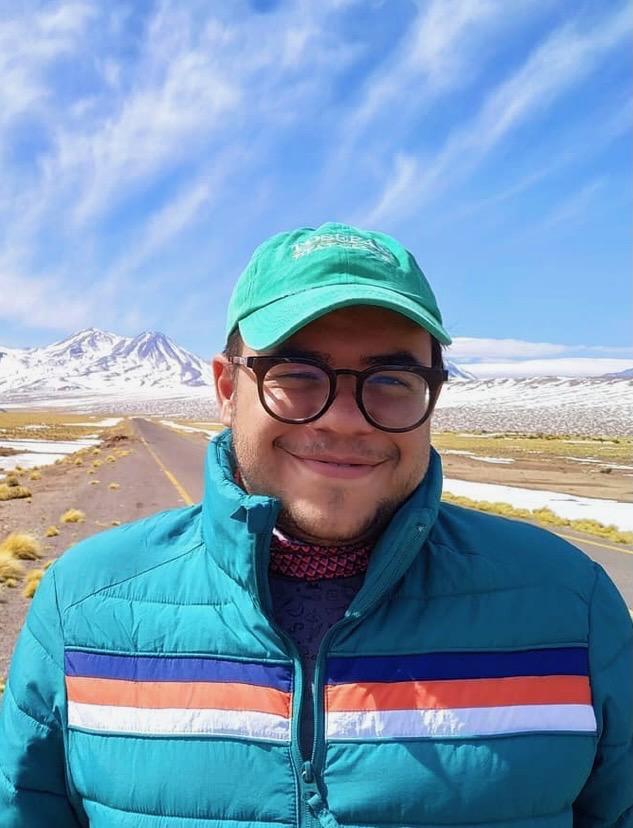Postdoctoral Researchers
Post-Doctoral Researcher | Dept. of Archaeology
More information coming soon...

Honorary Postdoctoral Fellow | Dept. of Archaeology
Paul’s postdoctoral project consists in the examination of the current conceptualization of the 'well-being' ('miyiyuu pimatisiwin') among the Iyiyiwch (Cree of Quebec) in the context of environmental conservation around different forest realities. For this project, Paul focuses his research on Mishigamish, a land of the Iyiyiwch of Waswanipi where multiple forestry projects take place. Read more...

Honorary Postdoctoral Fellow, Banting Postdoctoral Fellowship | Dept. of Archaeology
Their research consists of an ethnography centered on the process of converting a museum into a decolonization tool. More specifically, it focuses on the transformation and de-patrimonialization of indigenous collections at the Mapuche de Cañete Museum in Chile, an institution currently run by professionals of Mapuche origin. Read more...